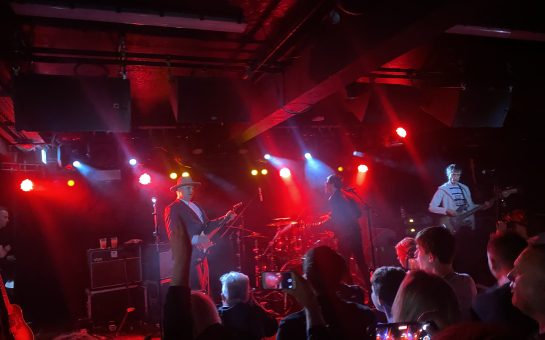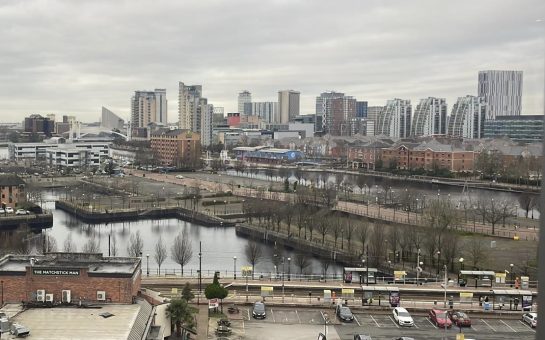A poem inspired by one of the darkest days in Manchester’s history is having a rare public reading – in full – tomorrow.
Manchester Histories are hosting a reading of Percy Bysshe Shelley’s epic poem Mask of Anarchy – written in the aftermath of the Peterloo Massacre – at The Friends Meeting House as part of the nine-day history festival.
Shelley wrote this 90 stanza poem, which has been described as the greatest protest poem in the English language, nearly 200 years ago in response to the Peterloo Massacre which occurred in Peter’s Field, Manchester on August 16, 1819.
On that day the huge open area of what is now St Peter’s Square an estimated 60,000 people gathered for what was intended to be a peaceful pro-democracy demonstration.
The reasons behind the demonstration have a strikingly modern resonance.
Following the Napoleonic Wars, Britain was going through a period of severe economic and social deprivation and very high food prices.
Many working people felt alienated from the decision making process and felt that their leaders were out of touch.
At this time very few people had the right to vote – in fact less than 5% of the population even had the right to vote.
Large industrial cities like Manchester, Leeds and Birmingham did not have a single MP between them.
The meeting in St Peter’s Square was the culmination of a series of political rallies held in 1819 and was to be led by the radical leader Henry Hunt, and its intended aim was to protest for parliamentary reform.
About 60,000 persons attended, many of whom were women and children. None were armed, and the demonstration was wholly peaceable.
Local magistrates, who had been very nervous before the demonstration, panicked at the size of the gathering, and read the riot act, ordering the crowd disperse.
When they did not, they ordered in the Manchester yeomanry to arrest the speakers – events escalated and eventually 15th Hussars and the Cheshire Volunteers were sent in to join the attack.
The Field was cleared in 10 minutes save for the bodies left behind by the cutlasses and clubs of the soldiers.
Estimates vary but around 500 people were injured and 11 killed – Hunt and the other radical leaders were arrested, tried, and convicted with Hunt being sent to prison for two years.
The event became known as the Peterloo Massacre, a play on words harking back to the Battle of Waterloo to mock the soldiers who had taken part, contrasting them with the genuine, heroic soldiers of Waterloo.
The outcry following the Peterloo Massacre was immense and it is now thought of as one of the most influential events in leading to parliamentary reform, the rise of Trades Unions and workers’ rights and even in the establishment of the Manchester Guardian newspaper.
Shelley wrote Mask of Anarchy in response to reports he received from the radical press, received while he was living in Italy and it represents his view on the social inequalities and injustices of the
time and the need for the people to be able to voice their dissent and engage in the process of change to the social order.
The poem castigates the rulers of the day and powerfully advocates radical change, urging men and women to stand resolutely together to demand change.
Dr Alison Morgan of The University of Salford told the BBC in 2013: “The poem is a reminder of Peterloo and a vivid depiction of England at the time.
“Peterloo has been compared with Bloody Sunday in terms of its significance and Shelley recognised how seminal an event it was.
“Masque has been described as the greatest poem of political protest written in English, which, I think, justifies it still being studied.
“In the age of increasing government surveillance and the erosion of civil liberties, it is a timely reminder of how governments are not averse to attacking its own people.”
The reading of the whole poem, organized by Manchester Histories can be heard 4pm and 4.50pm tomorrow at the Friends Meeting House in Mount St, close to Manchester Town Hall.
There is also an associated talk on the history and making of Shelley’s great poem by historian Robert Poole.
Image courtesy of Manchester Library Services, with thanks.



